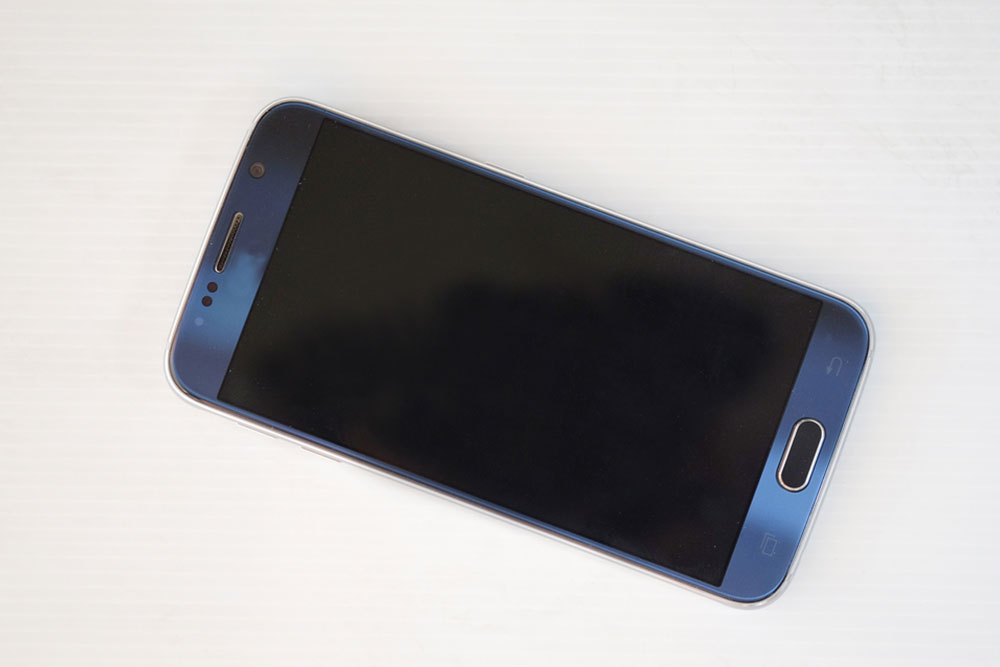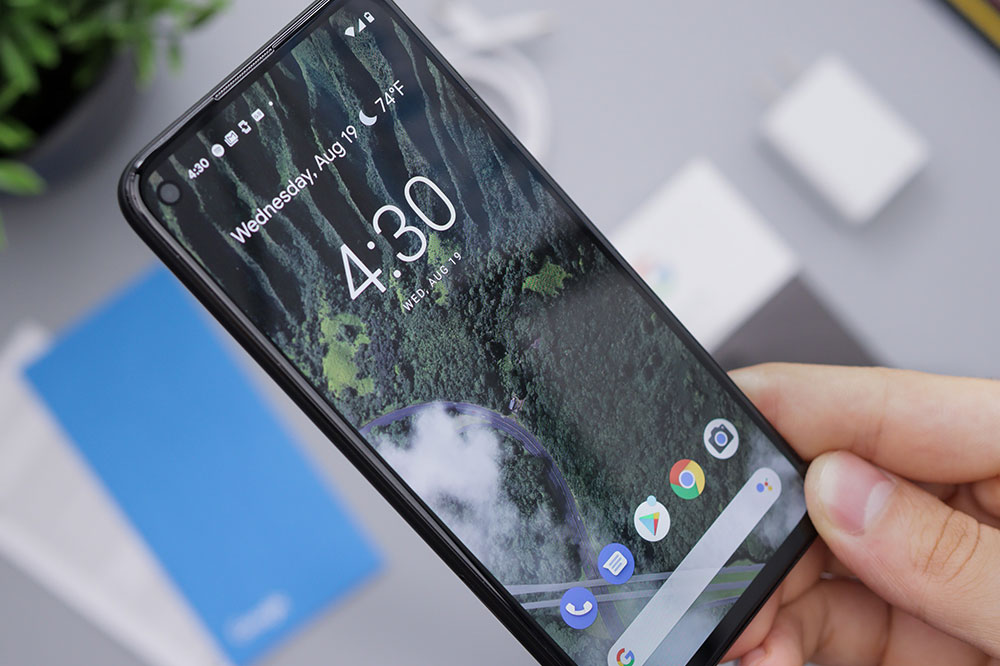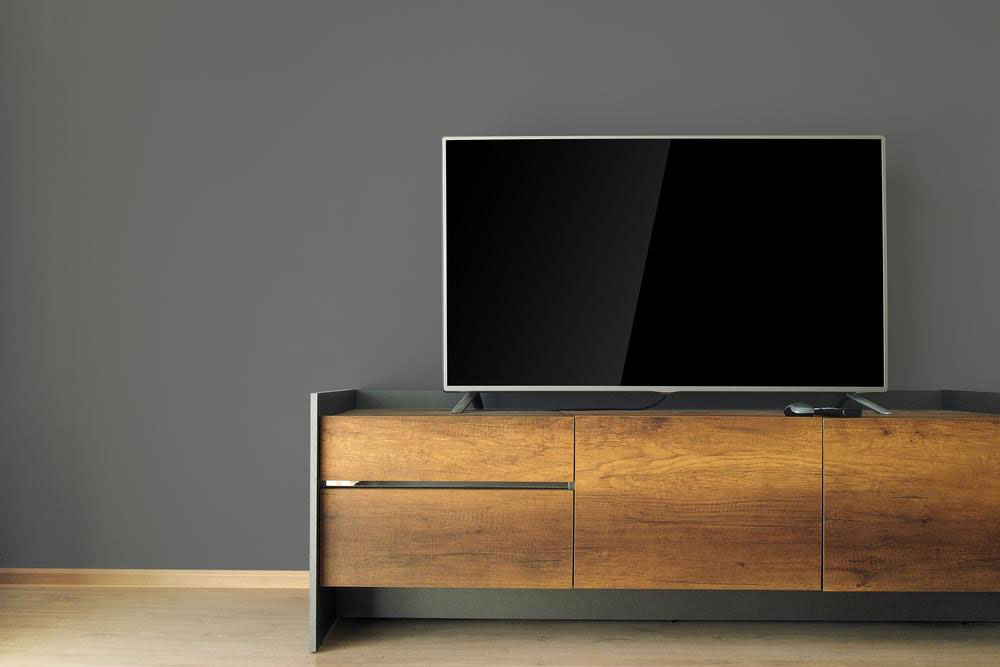Smart Shopping Tips for Affordable Yet Reliable Cell Phones
This article provides practical advice on how to choose affordable yet high-quality cell phones. It covers types of devices, key features to compare, operating systems, and choosing the right carrier. Learn how to make informed choices and get the best value for your money in the competitive mobile market.

Mobile phones, commonly called cell phones, are portable devices that use radio signals to facilitate calls within network coverage areas. Today’s devices are more than just phones; they support texting, internet browsing, digital photography, gaming, business apps, and more, making smartphones essential in modern life.
The evolution of mobile phones began with John F. Mitchell and Martin Cooper of Motorola demonstrating the first handheld model in 1973, weighing 4.4 pounds. Japan launched its first cellular network in 1979, and the Dynatac 800X became the first commercially available portable phone. From 1983 to 2014, global cell phone subscriptions surged past 7 billion, fueling fierce competition among brands to improve features and affordability. Today, new models are released annually, making it challenging to select the best device.
Wondering how to choose an affordable yet quality cell phone? Read on for key tips.
Tips for Selecting Cost-Effective and Reliable Cell Phones
Deciding between basic phones, feature phones, and smartphones
Basic phones focus on calling and texting, offering minimal features and lower prices. Feature phones add functionalities like internet access, digital cameras, Bluetooth, and some business tools. Smartphones are high-end devices with advanced computing and multiple features. When choosing among these types, compare prices across brands with similar specifications.
Evaluating features and specifications
Previously, inexpensive phones often meant poor build quality and limited performance. Today, affordable models provide impressive features at low prices. Consider your needs: Do you want a camera? What screen size suits you? Would you prefer a touchscreen or a physical keypad? Think about processing power and battery life to make an informed decision.
Selecting an operating system
Major OS options include Android (by Google), iOS (by Apple), Windows, and BlackBerry. Choose the OS you're most comfortable with, which will influence app compatibility and user experience.
Picking the right wireless provider
Your carrier plays a significant role in your phone experience. Ensure the provider's network coverage in your area and their device offerings align with your budget and needs. A good carrier with reliable coverage and affordable phones simplifies the buying process.
Buying a budget phone doesn’t mean sacrificing quality or features. Competitive markets continue to improve low-cost models, making it easier to find a reliable device within your budget. Research thoroughly and compare options to secure the best deal.










